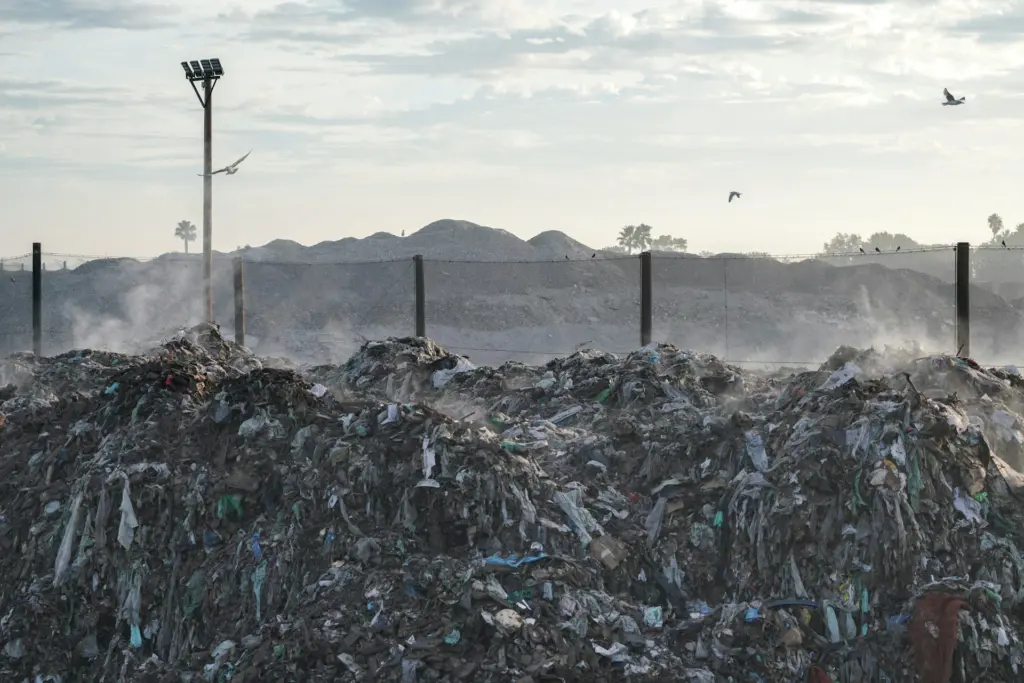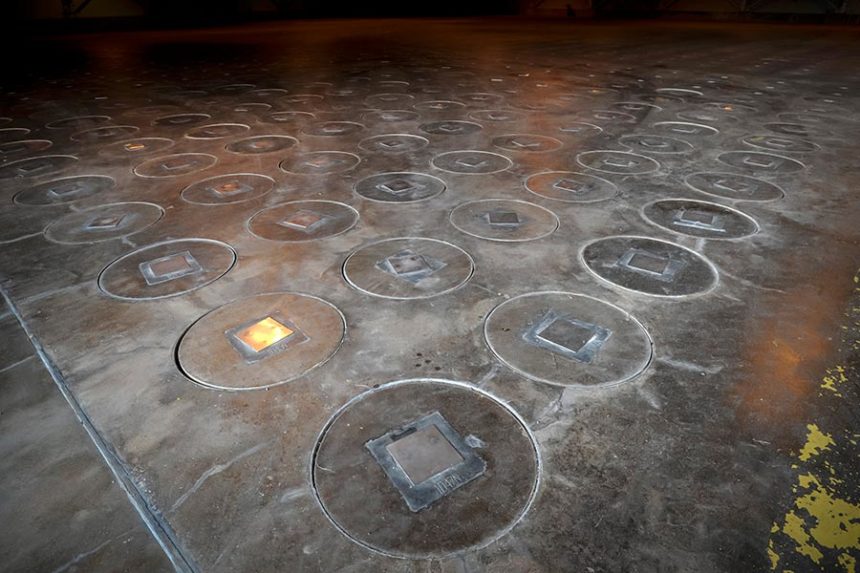Pullman, Washington The American Chemical Society (ACS) has given researcher Qiaowan Chang of Washington State University a $110,000 grant to create a more effective process for turning waste methane into compounds that can be used.
Chang, an assistant professor at the Gene and Linda Voiland School of Chemical Engineering and Bioengineering, is developing a method that breaks down methane more effectively using electricity and catalysts, which could provide a substitute for the current practice of burning it as waste in isolated locations.
Early-career academic members engaged in basic petroleum research are supported by the two-year award, which is provided by the ACS Petroleum Research Fund.
About half of the world’s petroleum reserves are made up of methane, the main component of natural gas. Methane collected in remote areas frequently goes unused because of low production levels, a lack of infrastructure, and high processing costs, even though it may be economically transported via pipelines in large-production areas like Texas and Louisiana. Because of this, the gas is regularly flared, releasing greenhouse gases that fuel global warming.
Only when it is economically feasible in particular areas can methane be used as fuels and chemical feedstocks to be transformed into other valuable compounds.
Assistant professor Qiaowan Chang of Washington State University
According to Chang, methane can be used as fuels and chemical feedstocks to create other valuable chemicals, but only if it is profitable in a given area. It requires a significant amount of infrastructure and financial resources to be used in remote locations.
Chang’s research attempts to break the strong carbon-hydrogen bonds in methane at room temperature and low pressure using a low-energy catalytic method powered by renewable electricity sources like solar or wind.
According to her, methane’s chemical structure is extremely stable and challenging to break. We might be able to take advantage of additional alkenes, such ethane, propylene, and even plastic, if we can break the carbon-hydrogen bond in methane. We really want this change to occur in benign conditions, which presents a hurdle.
Chang wants to create compact, modular reactors that run on renewable energy sources and have the capacity to transform methane into valuable goods like formic acid and alcohols.
According to her, the chemical engineering sector can employ alcohol, including methanol, as a raw material.
In contrast, formic acid provides a practical means of storing and transporting hydrogen. Hydrogen fuel cells can then use the hydrogen to generate energy.
According to her, the goal of this effort is to offer a more energy-efficient and sustainable substitute for traditional methane treatment methods.












